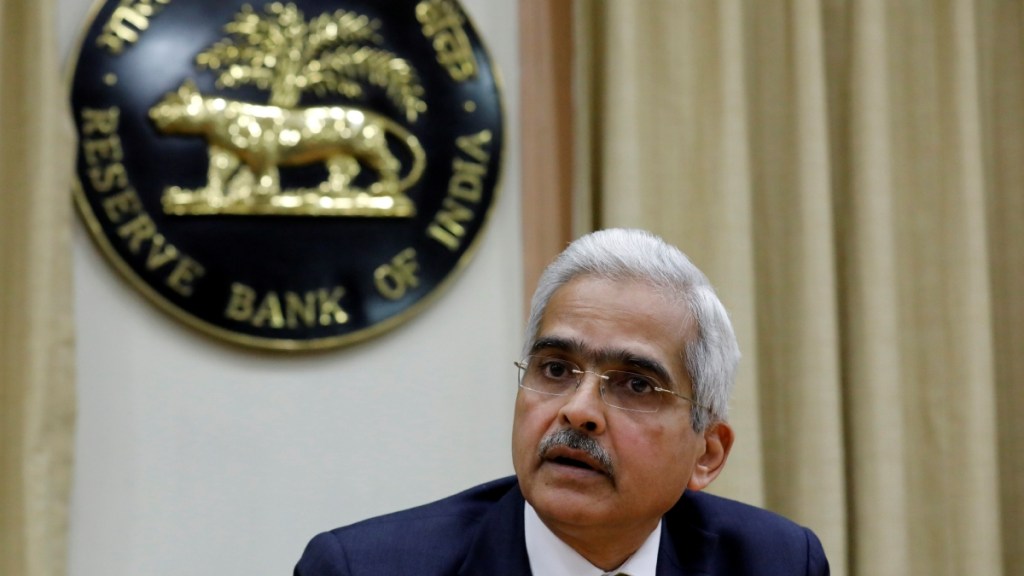Reserve Bank of India (RBI) governor Shaktikanta Das on Thursday said that the central bank’s timely action has moderated the growth of unsecured loan. In November 2023, RBI had hiked risk weights on unsecured credit and bank loans to non-banking financial companies (NBFCs).
Speaking at a conference held by the College of Supervisors (CoS), Das also urged banks to avoid the “mindless pursuit of bottom lines”, pointing out that some profit-driven business models may contain hidden vulnerabilities, emphasising that profitability should not come at the expense of managing these risks.
Since the move on unsecured loans, credit card outstanding loan growth declined from 30% year-on-year (y-o-y) in November to 25% level, bank loans to NBFCs moderated from 30% level to 18%, Das said.
The central bank had hiked risk weight for bank lending towards consumer credit, including personal loan, from 100% to 125%; NBFCs’ consumer loans from 100% to 125%; credit card receivables risk weight from 125% to 150% and for NBFCs’ credit card receivable, from 100% to 125%.
For bank lending to NBFCs, the risk weight has been increased by 25% over and above the risk weight associated with the given external rating in all cases where the risk weight as per external rating of NBFCs is below 100%.
“We saw that in the credit market, perhaps some potential problem was the built-up. Headline numbers and other parameters were looking good, and even now they are alright. But we thought if left unattended, these aspects/vulnerabilities could have become a bigger problem,” Das said. “So, it is better to act in advance and slow down credit growth in these segments as we could see some evidence of dilution of underwriting standards, proper appraisal not being done,” he added.
Furthermore, as the financial sector gets increasingly digitised, adoption of advanced technologies like AI/ML and big data analysis can significantly bolster the ability of banks and NBFCs to withstand and respond to various risks. However, it must be ensured that these technologies are secure, reliable and aligned with the institution’s overall strategic goals.
“A vendor’s inability to deliver services reliably can directly impact the regulated entity’s operations and customer service. Therefore, a thorough due diligence becomes necessary before selecting third-party vendors,” the governor said.
